Libraries serve as sustainable institutions that actively engage in resource sharing both within local communities and on an international scale. They play a crucial role in providing communities with valuable information on sustainable practices that are relevant to their specific circumstances, promoting initiatives for responsible consumption and production.
Taking a leadership role, libraries initiate practical initiatives that cultivate skills for responsible consumption, such as encouraging the concepts of “make do and mend” and establishing repair cafes. By fostering these practices, libraries empower individuals to embrace responsible consumption, emphasizing the importance of repairing and reusing items rather than disposing of them.
In addition, libraries inspire communities through the establishment of seed libraries, motivating and supporting the cultivation of fresh produce and the return of harvested seeds. This promotes local food production, strengthens sustainability efforts, and encourages the collective involvement of community members.
Recognizing the significance of proper waste management, libraries also act as collection points for e-waste and stationery, facilitating their appropriate disposal and recycling. By providing dedicated drop-off locations, libraries actively contribute to minimizing environmental impact and promoting sustainable practices.
In summary, libraries actively promote responsible consumption and production by sharing resources, providing relevant information, and leading initiatives that foster practical skills. Through their efforts, libraries serve as catalysts for sustainability, empowering communities to embrace eco-friendly practices, cultivate fresh produce, and properly manage waste, thus contributing to a more sustainable future.

